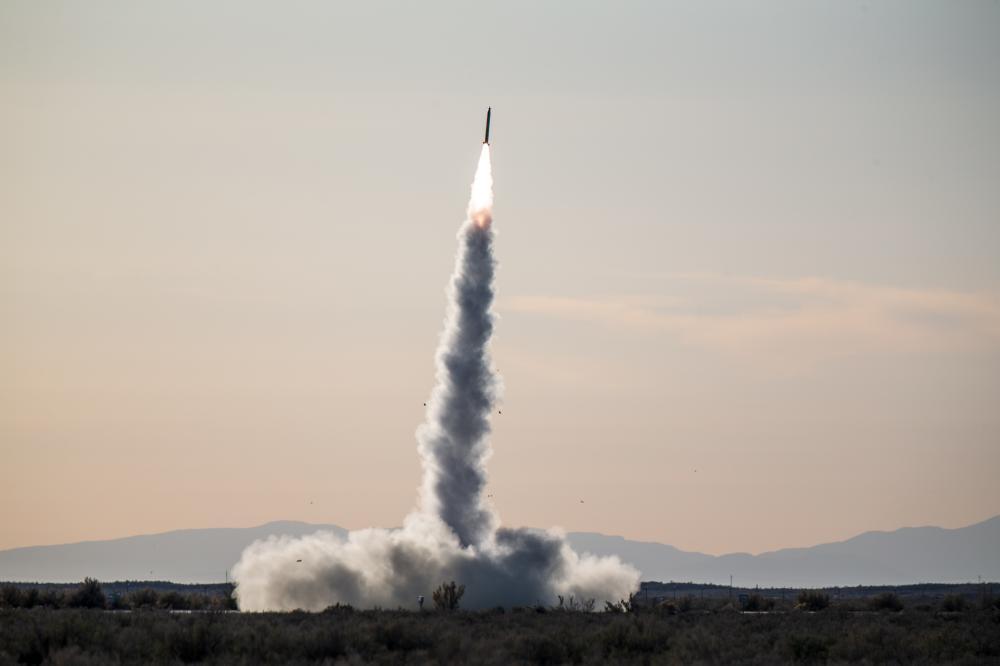The Marines that operate M142 High Mobility Artillery Rocket System launchers hold a vital role within the future of the Marine Corps. With their rockets red glare, the Reserve Marines with Kilo Battery, 2nd Battalion, 14th Marine Regiment, are able to provide rapid precision fire support anywhere in the world in coordination with Marine Corps, and U.S. Air Force, aircraft. The training evolution was a part of a service level training exercise, WTI 2-22 at Marine Corps Air Station Yuma. WTI is designed to challenge Marine aviators with a standardized set of advanced tactical training scenarios.
As a part of Weapons and Tactics Instructors Course 2-22, at Marine Corps Air Station Yuma, the Marines conducted a HIMARS Aerial Insertion, known as a HIRAIN, where they loaded the HIMARS launchers onto a KC-130J Super Hercules, and a C-17 Globemaster III, and flew to a preplanned destination in order to execute a fire mission. After firing their rockets, the Marines loaded the launchers back onto the aircraft, returning to home base. The Marines with Kilo Battery integrated with their acive duty brothers and sisters with Marine Aerial Refueler Transport Squadron (VMGR) 152 and conducted the entire evolution in under seven hours, a timeframe including five hours spent flying to and from their firing position at Dugway Proving Ground, Utah.

“A HIRAIN is a HIMARS rapid infiltration, it’s a capablity we have that lets us get a HIMARS launcher into an advantagous position using aircraft like the C-130 or C-17. Using aircraft and employing the HIRAIN capability is an extremly effective way for commanders to deploy precision fires within the enemy’s weapon engagement zone. Compared to canon artillery, HIMARS have a few advantages. First and foremost, range,” said Voss. “HIMARS are capable of reaching out a lot longer distance than canon artillery. HIMARS also have greater precision, and obviously mobility. HIMARS are capable of relocating seconds after firing rather than the minutes for cannon artillery,” said 1st Lt. Kyle Voss, a fires direction officer with Kilo Battery.
A weapon engagement zone, often refered to as the WEZ, is the area that a weapon can be effectively employed; that employing HIMARS and utilizing the HIRAIN capability is an effective way for combatant commanders to employ precision strike assets from low signature bases within the enemy’s WEZ. These three advantages are critical for aligning the Marine Corps with the Commandant’s Force Design 2030, which is rapidly shifting the service to a force capable of employing stand-in forces from low signature bases in a contested environment. Training events like the HIRAIN that Kilo Battery conducted and courses like WTI facilitate the Marine Corps’ transition to its newly defined role. Conducting training, integrating the Active and Reserve components, as well as training with sister services, ensures that the Marine Corps is ready for any challenge it may face across the globe.
















